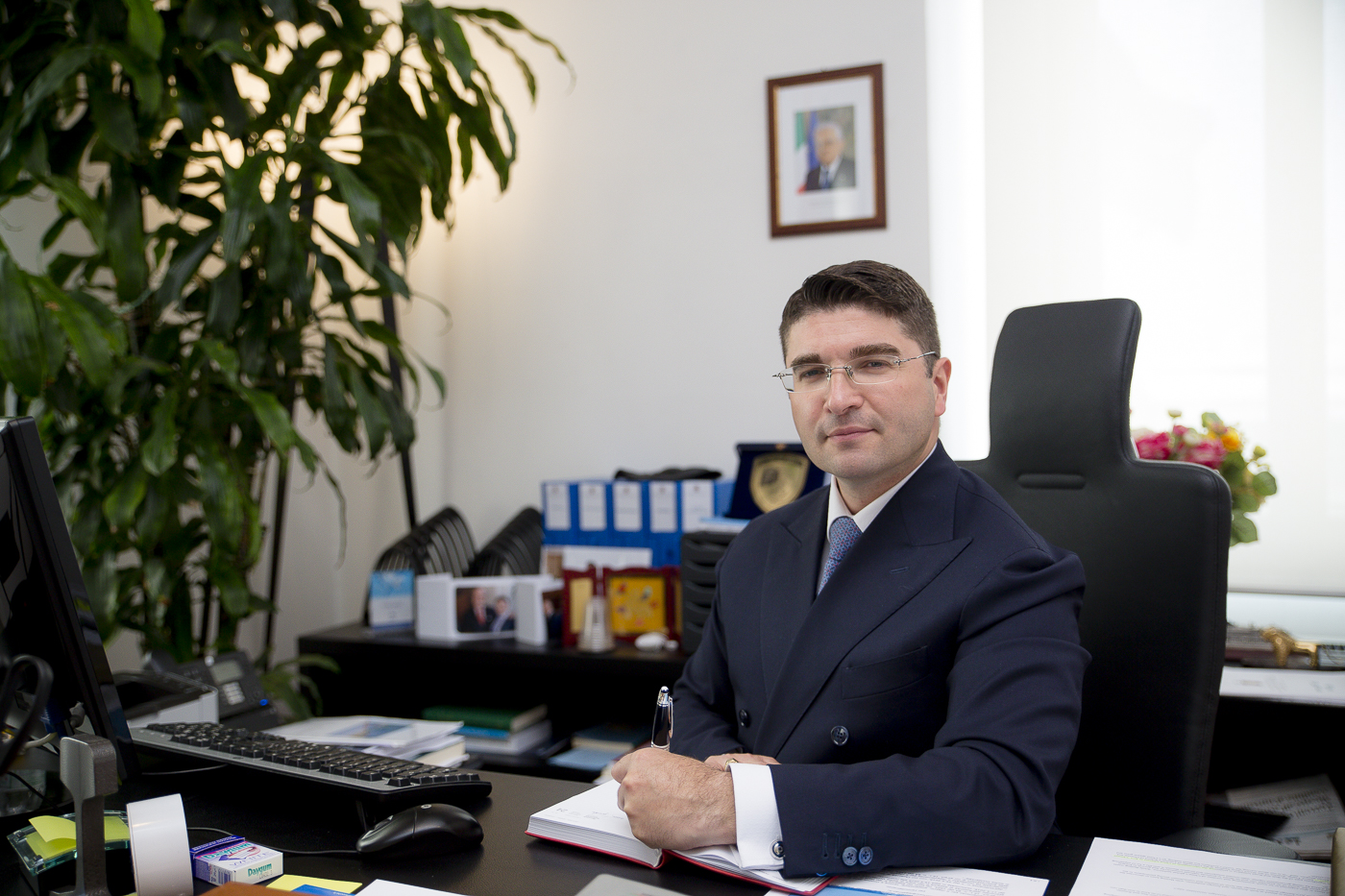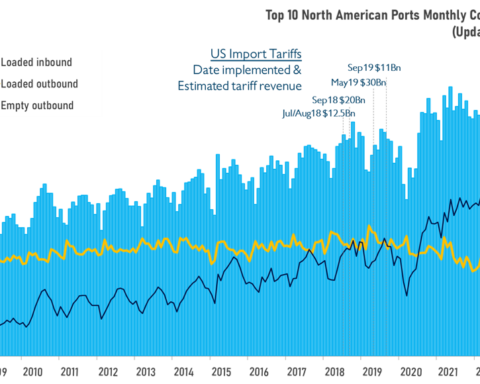“Let’s wake Sleeping Beauty up. The Italian port system is in danger of going on a collision course, we have to alter course swiftly before it’s too late,” playing the role of the new Socrates intent on prodding the sleepy conscience of the Polis is Pino Musolino.
The President of the North Adriatic Port Network Authority is reached by phone while a meeting is taking place in the Port Network Authority’s headquarters on the adaptation of the Authority’s organizational set up to the new provisions on smart-working in the Cura Italia decree. “We are working in order to complete the procedures with the aim of putting 80% of our administrative staff in the smart-working mode” – he affirms – “we can’t do more, because otherwise we would have to close the Authority. ”
What the president of the ports of Venice and Chioggia really wants to talk about, however, is the risk the national port system is running of going adrift. Mr. Musolino does not want to make “sterile controversies” but feels the need to “shake Assoporti out of its torpor.”
“Unlike other sector representatives, such as Confetra, that have been extremely proactive over the last few days, the Italian Port Association has not shone with proactivity. Instead, at this time, we have to be good at being ahead of the game, and get ready so that we can make the right start once this crisis is behind us.”
Pino Musolino repeats like a mantra throughout the interview: “I don’t want to argue with anyone. I want this to be clear. However, it has to be said that at other times, people like Giuliano Gallanti, Lorenzo Forcieri and Paolo Costa would have acted differently.”
In particular, the Venetian manager thinks of the specific provisions for the maritime and land transport sector in the decree just passed by the Conte Government: “Without the provision of appropriate and concrete forms of economic compensation, measures such as the exemption from anchorage dues and the temporary suspension of the payment of fees could put the Network Authorities in enormous difficulty i.e. in six or seven months’ time they will find themselves having problems closing their budgets.”
The very high risk that the Italian port sector runs is not to be able to see the light at the end of the tunnel: “We have not fully understood it yet but after this emergency the shipping world will never be the same again. We must prepare ourselves to face the future.”
And the recipe for making the right start again is the one that the President of Sardinia Port Network Authority proposed in an interview in Port News: “I agree with Massimo Deiana. We don’t need superpowers, nor heroes in tights, but to unfreeze the infrastructural projects and investments to support our ports.”
The President of the Venice Port Network Authority recalls how Assoporti calculated the funds already allocated for projects that had already started and those yet to begin at one billion euros: “These are resources that remain unused for various bureaucratic vicissitudes. I myself have 27 million euros that I could use for dredging activities. Think about what the multiplier effect for the national economy could be if we could unfreeze this money.”
Unfortunately, the truth is that “we were already at a standstill before this crisis even hit us closely. Today the bureaucratic process required for completing a harbour dredging operation takes as long as walking the path to Santiago. I repeat, I do not want superpowers to “tarmac the Grand Canal”, as the futurist Filippo Tommaso Marinetti said, but at this stage we need counter-cyclical measures that will allow us to give the national port community the answers it expects.”
Whether we follow the Genoa or Taranto model, it doesn’t matter: “The right formulas will be found by the legislative offices at the Ministry for Infrastructure & Transport, which are certainly better prepared than me. The important thing is to identify for our Port Network Authorities the tools they need to do their job: which is to develop our country’s traffic and logistics.”
Mr. Musolino makes an appeal to the Ministry of Infrastructure and Transport: “I am convinced that the Government is dealing with the emergency situation in the best possible way and that at this moment it needs all our support: however, we ask those concerned to allow us to work effectively so that we can bring our contribution and help our country out of the crisis as soon as possible.”
Translation by Giles Foster




